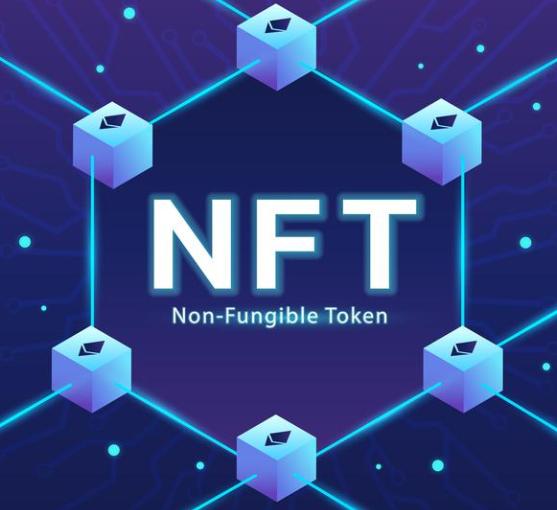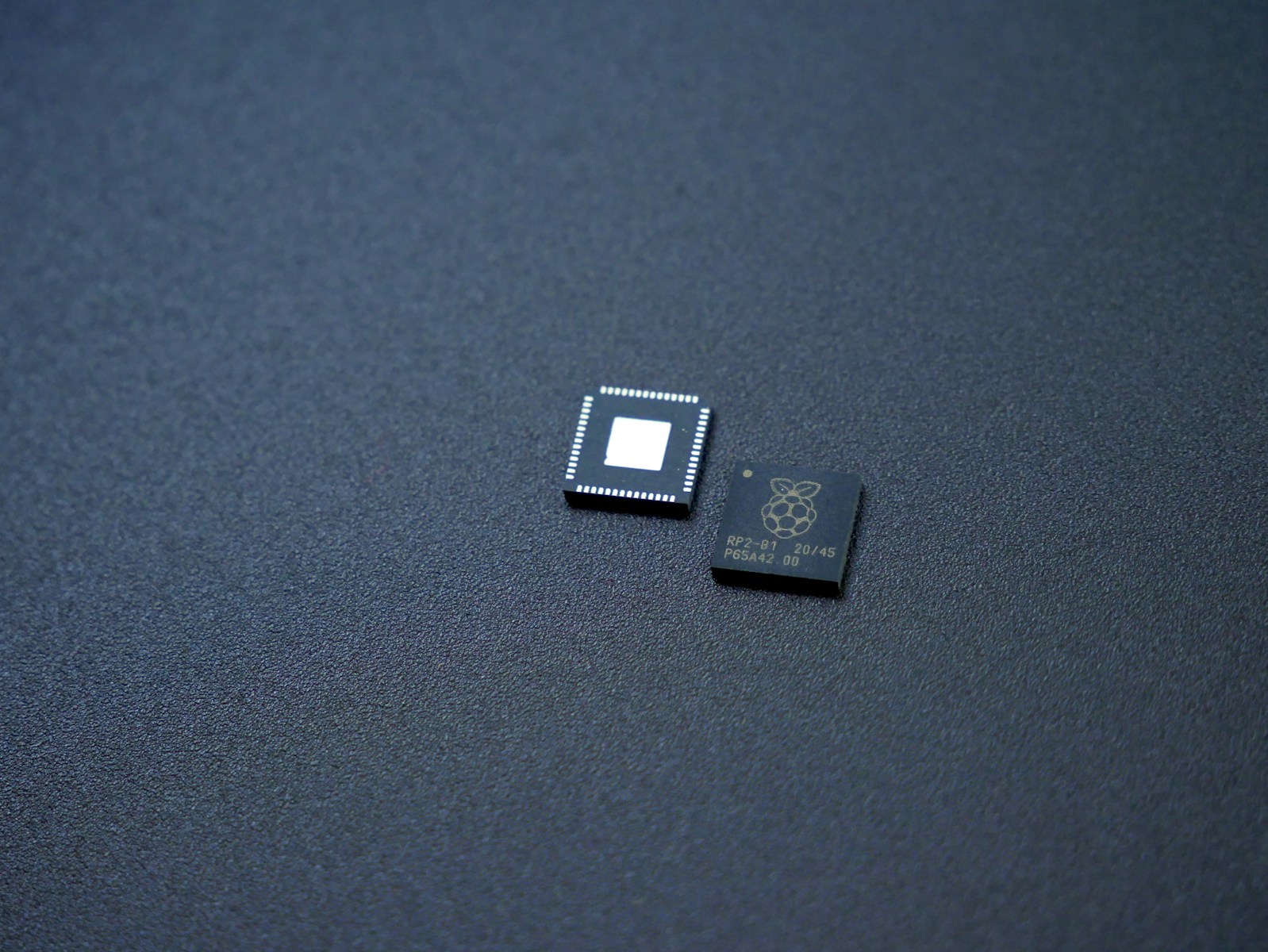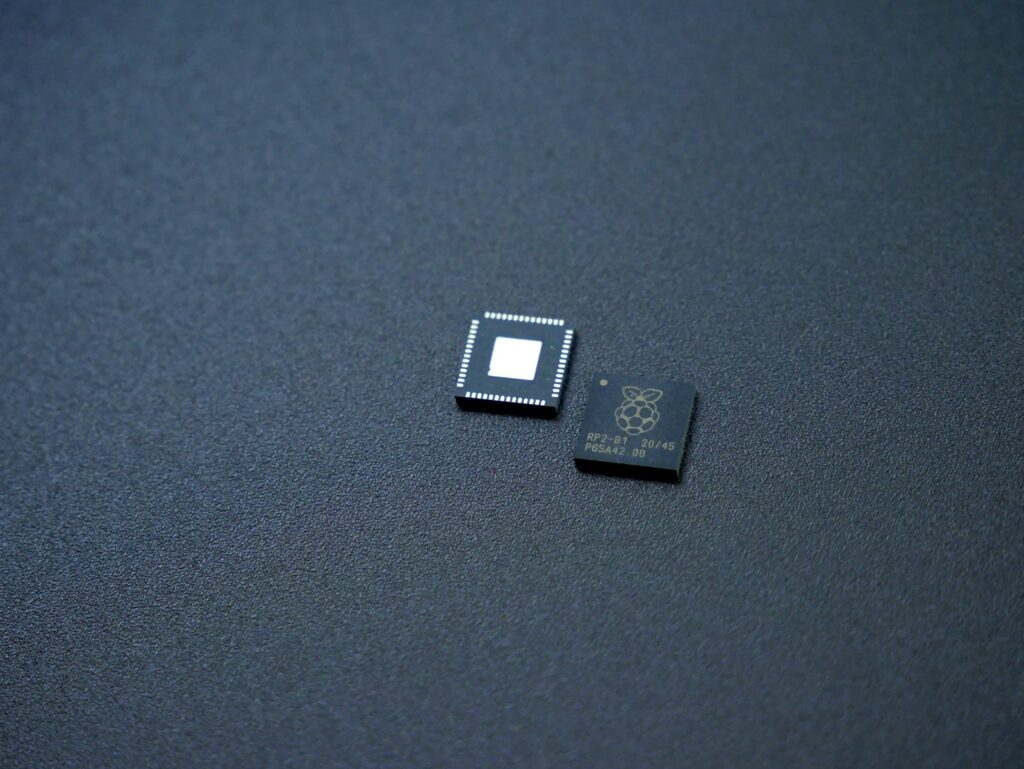Over the last year, NFTs have become the hottest commodity. Their secure but profitable nature has made them a hit amongst art collectors and those invested in cryptocurrency. NFTs have seen a gradual incline in popularity, with some NFTs selling for thousands. Interestingly, over the last couple of months, the cryptocurrency associated with NFTs such as SAND has remained a strong investment while more generic currencies like Bitcoin have slumped in value. As a result, NFTs are taking off.
Interestingly, within the mainstream video game space, video game developers/publishers are starting to adopt NFTs. However, the response to NFTs has been mixed. This article will outline why this is.
NFT Backlash
Ubisoft, the famed french video game developer and publisher, launched the NFT platform Ubisoft Quartz a couple of weeks ago. However, fans met Ubisoft Quartz with a huge backlash. Ubisoft Quartz is an NFT platform that allows players to purchase what is known as “Digits”. Digits are NFTs that are playable in the game, and according to Ubisoft, the first energy-efficient NFT in a triple AAA game. One game that will use Ubisoft Quartz will be Ghost Recon Breakpoint, the latest title in the Ghost Recon series.

However, despite “Digits” and Ubisoft Quartz environmental appeal, the NFTs were received poorly, racking up nearly 16,000 dislikes on its first Ubisoft Quartz trailer.
Likewise, games such as Stalker 2: Heart of Chernobyl received a negative reception after announcing NFTs. The NFTs came in the form of the “Metahuman”, an NFT NPC present in the game—allowing you to inhabit the Stalker Metaverse. Although a great idea, in theory, fans thought otherwise, with many criticizing the game for introducing NFTs. As a result, developers GSC Game World made a U-turn, cancelling its NFT plans. Thus, the mainstream video game adoption of NFTs has been poorly received and criticized by consumers across the spectrum. But why is this? Why are consumers so reluctant to adopt NFTs?
Building Trust is Crucial
Consumers are reluctant because the video game industry has burned them not once but many times by monetization. They do not trust developers or publishers to implement new features that they fear might be another way for big businesses to reach into their pockets and take their money. Consumers in the video game space are becoming more paranoid and cautious about predatory microtransactions and ways companies can make a quick buck off of the unknowing consumer. Look at the loot box fiasco, just one example of how publishers have taken advantage of consumers.
Thus, fans of mainstream games see NFTs as another way for companies to profit. Although the Blockchain protects NFTs and token holders from exploitation, we do not know enough about them yet and how the market will shape for NFTs to go fully mainstream. Currently, NFTs are looked at as some novel idea and are not taken seriously by the mainstream. Thus, it is the video game industry’s job to convince and educate consumers on what NFTs are and how they will use them. Therefore, a reluctance to adopt NFTs comes down to minimal trust between the consumer and the developer/publisher and a lack of knowledge about NFTs.
In conclusion, for NFTs and, by extension, the Metaverse to become a reality, the people in power will have to educate and convince the consumer to trust them. Nowadays, consumers are paranoid about being taken for granted. Thus, it is the job of those who hold the Metaverse’s keys to change people’s minds.
If you found this article to be informative, you can explore more current Digital Twin news here exclusives, interviews, and podcasts.












